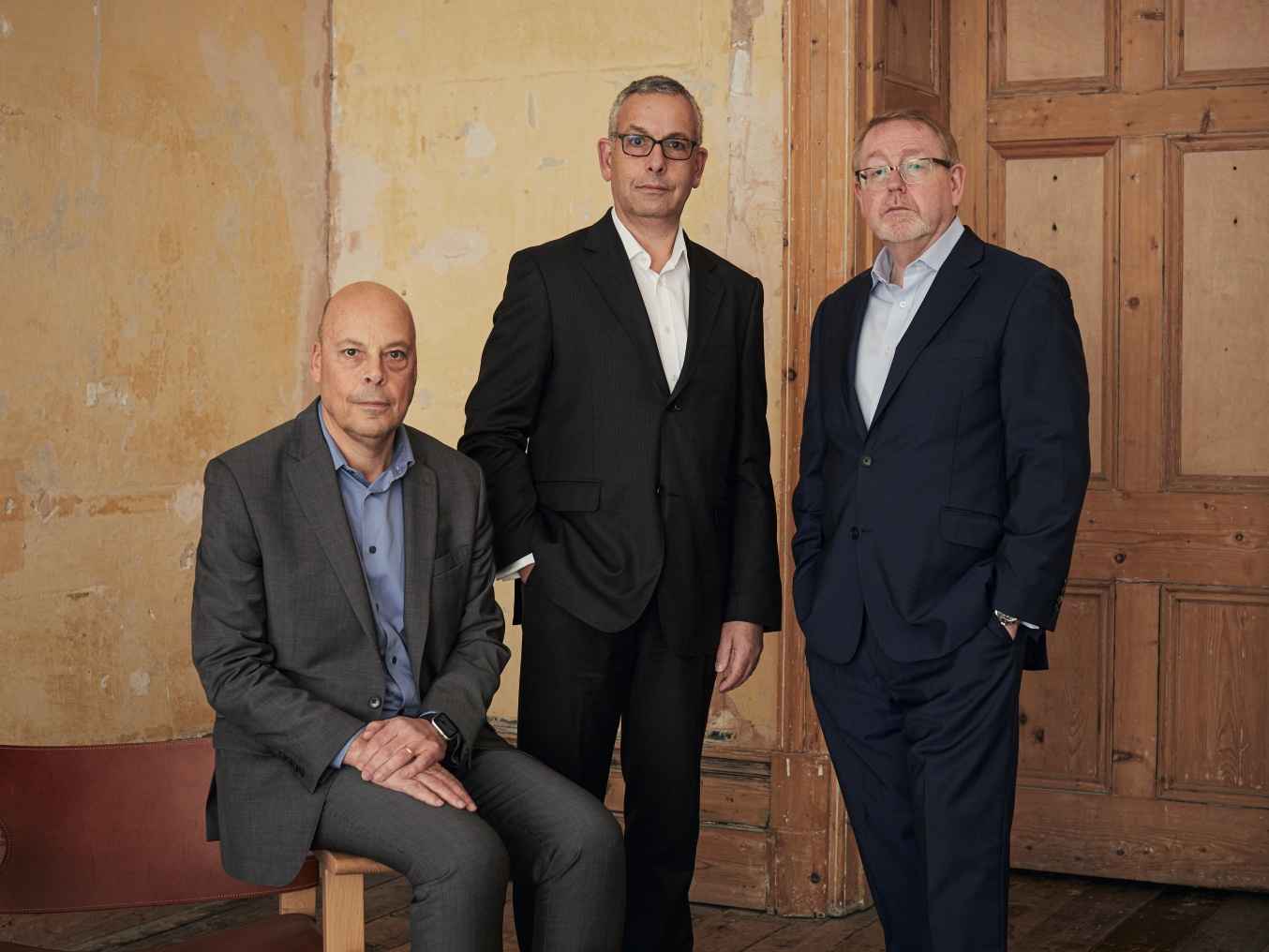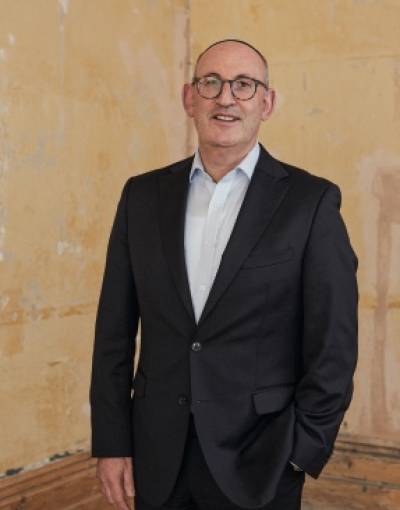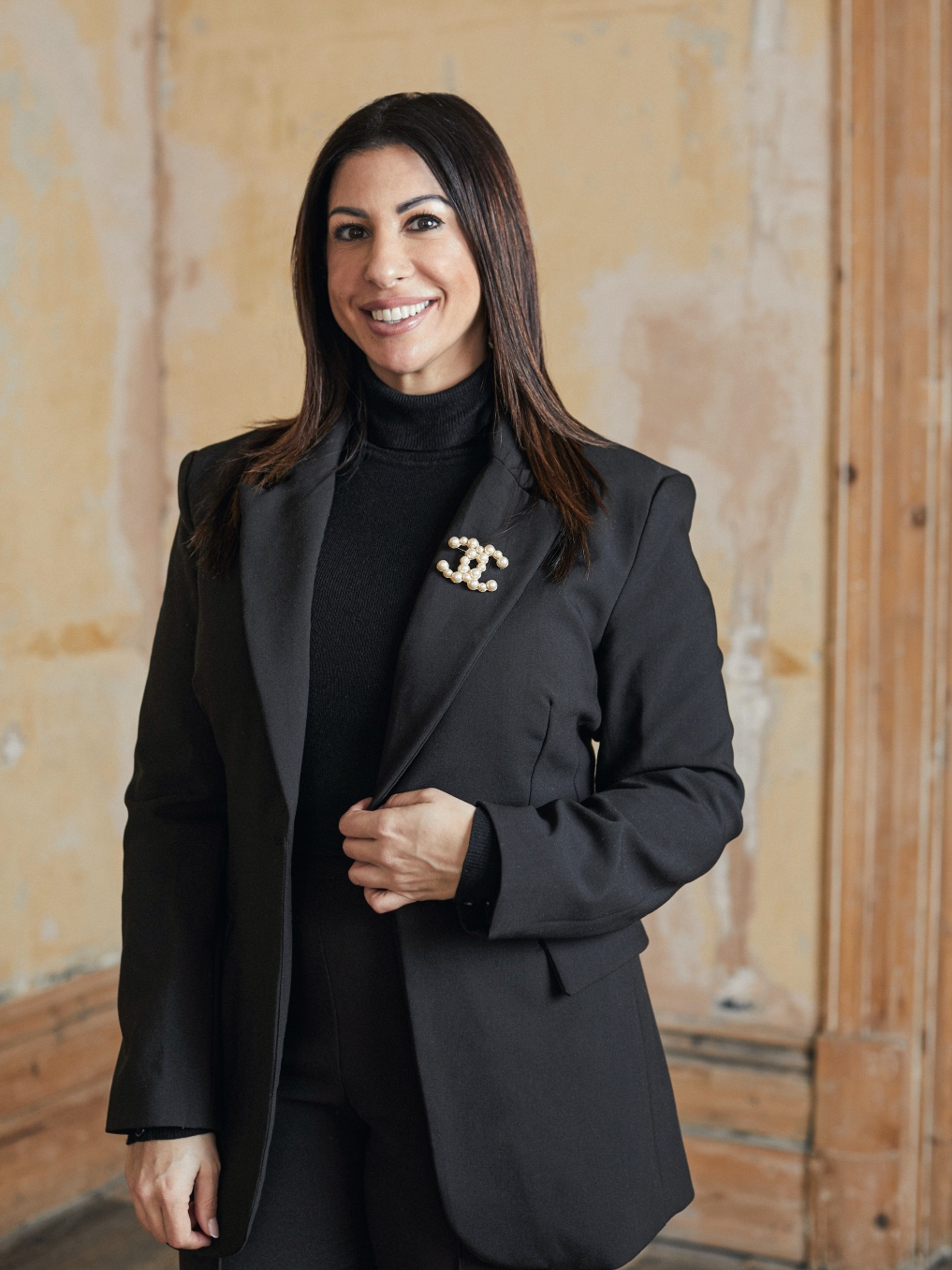Ask Steven Bernstein why he decided to launch Lawrence Stephens, one of London’s best-regarded law firms, with his two founding partners Lawrence Kelly and Stephen Messias, and his reasons are clear. “Lawrence, Stephen and I had been made up to partners in a large law firm, but we’d found the experience disappointing. We all had clear ideas about what a good law firm should be, and we just weren’t able to put them into practice.”
An old-fashioned and outmoded work ethos was something that Lawrence Kelly was particularly keen to move away from. “You’d be expected to work every weekend. We certainly wouldn’t demand that of our staff now,” he says. “Clients pick up on the supportive culture that we have here.”
Stephen Messias has fond memories of the early days of the firm. “All three of us shared one office with our secretary,” he remembers. “We also had a PlayStation and a dart board which was — scarily — just above my desk. We worked hard but that didn’t mean we weren’t able to enjoy being together in the workplace. There was dynamism and energy — we really enjoyed challenging the image of the traditional stuffy law firm and offering something new.”













